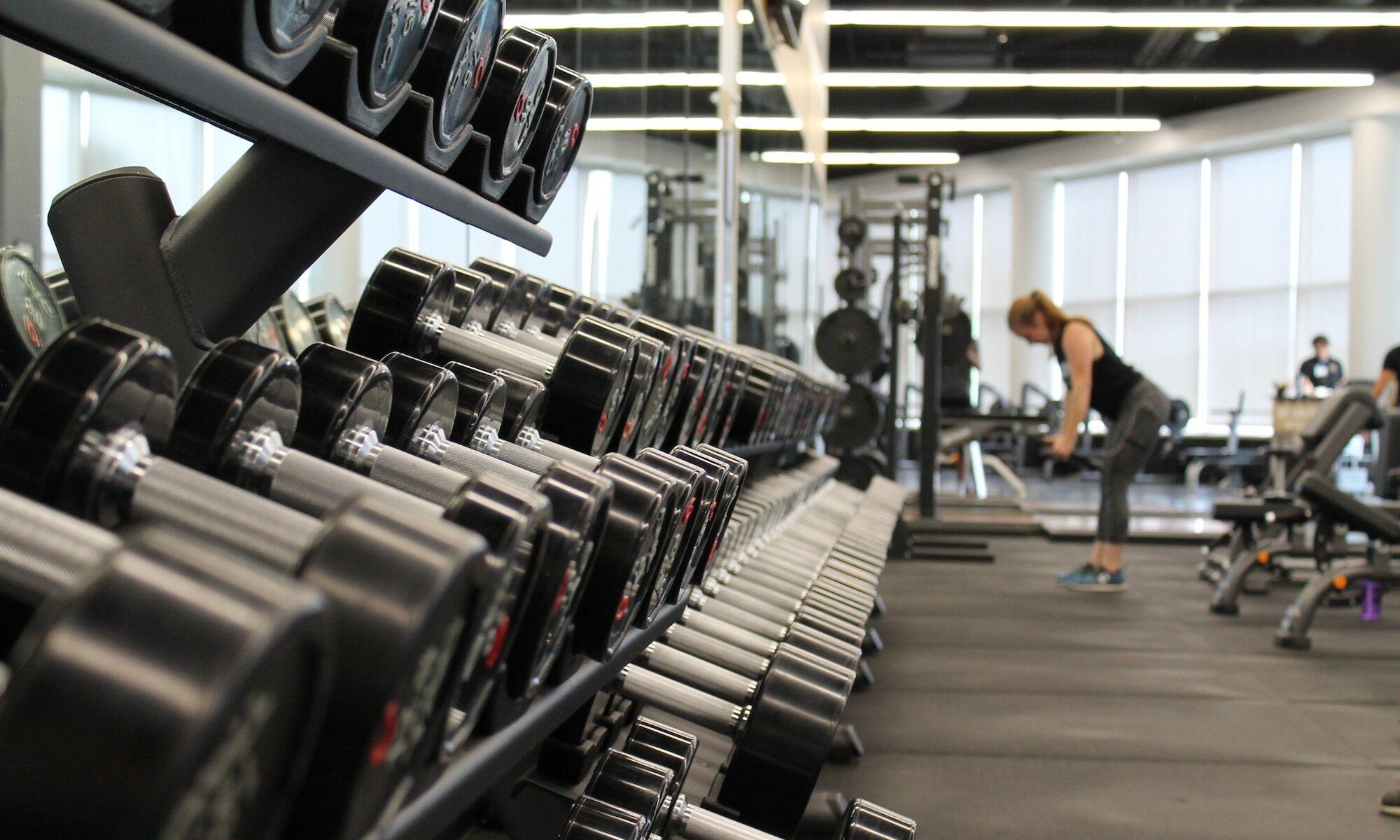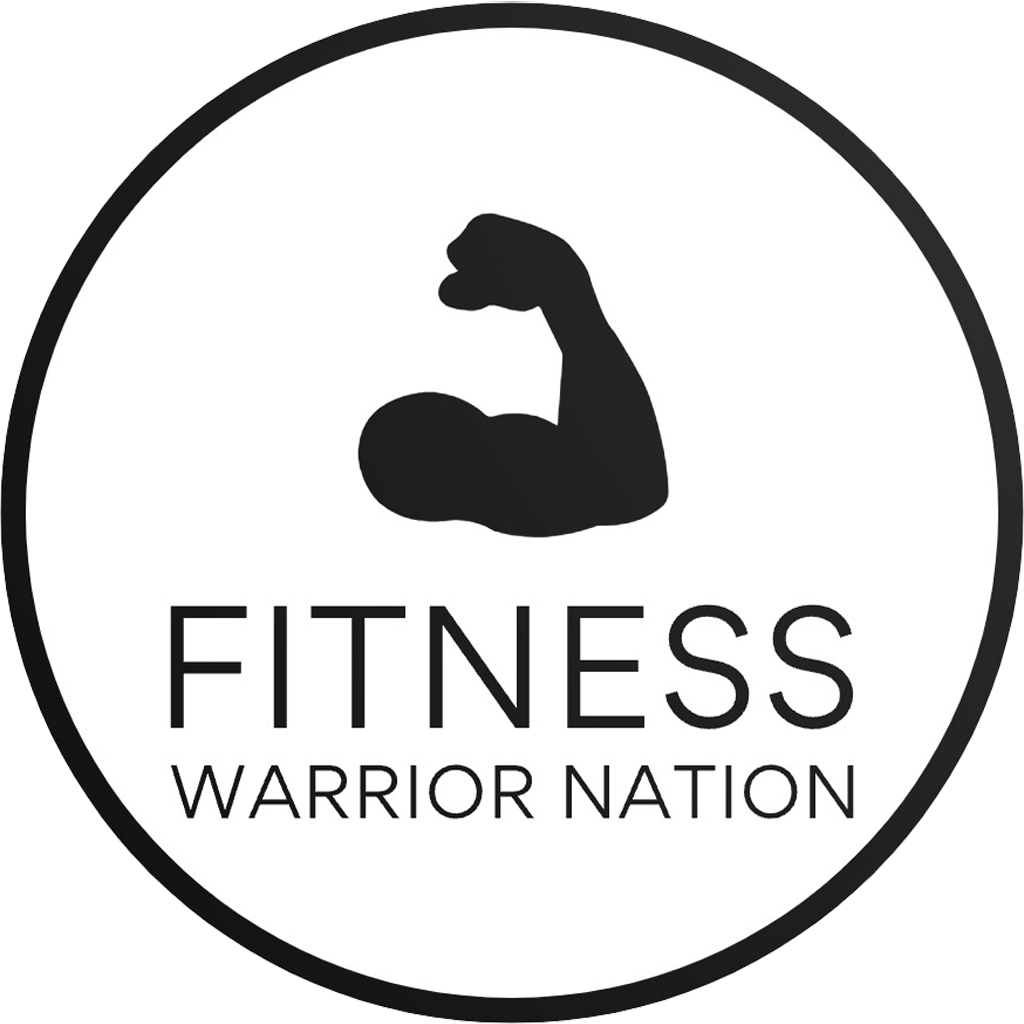Unlock your inner power with mindful movement. Discover the transformative benefits for your body, mind, and emotions in this insightful article.
In today’s fast-paced world, finding a sense of inner power and balance can often feel like a daunting task. However, there is a simple yet effective solution that can help you tap into your true potential: mindful movement. By incorporating mindful movement into your everyday routine, you can not only heighten your awareness of your body and mind but also unlock the hidden potential within yourself. Through this article, you will discover the transformative power of mindful movement and learn how it can enhance your physical, mental, and emotional well-being. Get ready to embark on a journey of self-discovery and empowerment as you explore the incredible benefits that mindful movement can bring to your life.
The Concept of Mindful Movement
Understanding Mindfulness
Mindfulness is the practice of being fully present in the moment, aware of your thoughts, feelings, and bodily sensations without judgment. It involves bringing your attention to the present moment, rather than dwelling in the past or worrying about the future. By cultivating mindfulness, you can experience a profound sense of peace and clarity in your daily life.
Exploring Movement
Movement is an inherent part of our human experience. From the simplest actions like walking to engaging in sports or dance, movement allows us to express ourselves physically. Mindful movement combines the principles of mindfulness with intentional physical activity. It involves paying careful attention to your body’s movements, sensations, and breath while engaging in various exercises, such as yoga, tai chi, qi gong, or dance therapy.
Benefits of Mindful Movement
Physical Benefits
Engaging in mindful movement practices offers a myriad of physical health benefits. Regular practice can improve flexibility, strength, and balance. It can also help alleviate chronic pain, reduce the risk of injury, and promote overall physical well-being. Mindful movement encourages gentle and controlled movements, which can be especially beneficial for individuals with joint or muscle-related conditions.
Mental and Emotional Benefits
In addition to the physical benefits, mindful movement also nurtures mental and emotional well-being. When you engage in mindful movement, you redirect your attention away from worries, stressors, and negative thoughts. This can lead to improved mood, reduced anxiety, and increased feelings of calm and relaxation. The rhythmic nature of many mindful movement practices helps to induce a meditative state of mind, promoting mental clarity and emotional resilience.
Connecting Body and Mind
Enhanced Body Awareness
One of the fundamental aspects of mindful movement is developing a heightened sense of body awareness. Through mindful movement practices, you learn to tune in to the subtle sensations and messages your body sends. This increased body awareness allows you to better understand your physical limitations, strengths, and areas in need of improvement. By listening to your body, you can make informed decisions regarding your movement patterns and avoid potential injuries.
Increased Mindfulness
Mindful movement serves as a powerful tool to cultivate and strengthen your overall mindfulness practice. As you focus on the physical sensations and breath during movement, you deepen your ability to stay present in the moment. This heightened mindfulness carries over into other aspects of your life, enhancing your ability to remain fully present and engaged in everyday activities, relationships, and tasks.
Unlocking Inner Power
Self-empowerment and Self-confidence
Engaging in mindful movement can lead to increased self-empowerment and self-confidence. By challenging yourself physically, you develop a sense of accomplishment and overcome self-imposed limitations. The mindful aspect of movement allows you to build a deeper connection with your body’s capabilities, fostering a positive self-image and inner strength. Through consistent practice, you can unlock your inner power and embrace your unique potential.
Increased Focus and Concentration
Mindful movement practices require concentration and focus. As you engage in physical activities while being aware of your body and breath, you develop the ability to direct your attention fully. This enhanced focus can extend beyond the practice itself and positively impact your work, relationships, and daily tasks. By training your mind to focus, you become more efficient and productive, leading to improved overall performance.
Embracing Vulnerability and Authenticity
Mindful movement provides a safe space for embracing vulnerability and authenticity. As you engage in the practice, you may encounter physical or mental challenges that require patience, compassion, and self-acceptance. By acknowledging and embracing these challenges, you develop a sense of authenticity that extends beyond the movement practice itself. This newfound authenticity fosters deeper connections with yourself and others, leading to more meaningful relationships and a greater sense of fulfillment.
Practical Techniques for Mindful Movement
Yoga
Yoga is a popular mindful movement practice that combines physical postures, breath control, and meditation. Through a series of asanas (poses), yoga promotes flexibility, strength, and balance while fostering mindfulness and relaxation. Whether you prefer a gentle hatha yoga class or a dynamic vinyasa flow, yoga offers a range of options suitable for all levels of experience.
Tai Chi
Tai Chi is an ancient Chinese martial art that emphasizes slow, flowing movements and deep breathing. Practicing Tai Chi promotes balance, coordination, and overall vitality. The deliberate and graceful movements of Tai Chi facilitate a meditative state of mind, allowing for deep relaxation and mental clarity.
Qi Gong
Similar to Tai Chi, Qi Gong is a Chinese practice focused on cultivating and balancing energy. Qi Gong combines gentle movements, breathwork, and meditation to facilitate the flow of vital energy or “qi” throughout the body. By practicing Qi Gong, you can improve your overall health and well-being, as well as cultivate a sense of inner peace and harmony.
Dance Therapy
Dance therapy harnesses the power of movement and expression to promote healing and self-discovery. It combines the creative and cathartic elements of dance with psychological and emotional processing. Dance therapy can be a transformative practice, allowing individuals to explore and release emotions, enhance body awareness, and foster self-expression in a safe and supportive environment.
Incorporating Mindful Movement into Daily Life
Morning Rituals
Starting your day with mindful movement sets a positive tone for the rest of your day. You can incorporate simple practices like stretching, mindful breathing, or a short yoga sequence to awaken your body and mind. Engaging in mindful movement in the morning not only energizes you but also helps you center yourself before diving into the demands of the day.
Workplace Practices
Integrating mindful movement into your work routine can help counteract the sedentary lifestyle often associated with office jobs. Take short movement breaks throughout the day, incorporating standing stretches, desk yoga, or mindful walking. These practices can help relieve physical tension, improve focus, and promote feelings of well-being, all while enhancing your productivity.
Evening Wind-Down
As you wind down in the evening, consider incorporating mindful movement practices to transition from the demands of the day to a state of relaxation. Gentle stretching, restorative yoga, or a calming Qi Gong routine can help release physical and mental tension, preparing you for a restful night’s sleep.
Overcoming Challenges for Mindful Movement
Resistance to Change
Embarking on a mindful movement practice may initially be met with resistance. Change can be uncomfortable, and stepping outside of your comfort zone requires courage and an open mind. Remember that growth often occurs outside of your comfort zone. Start small, be patient with yourself, and focus on the positive changes you experience as you explore mindful movement.
Lack of Time
A common challenge in incorporating mindful movement into daily life is finding the time for regular practice. It’s essential to prioritize self-care and make time for activities that nourish your body and mind. Consider integrating shorter mindful movement practices into your schedule, such as a brief yoga sequence during lunch breaks or a 15-minute Qi Gong routine before bed. Small, consistent efforts can yield meaningful results.
Physical Limitations
Physical limitations may present challenges when engaging in mindful movement practices. However, mindful movement is highly adaptable and can be modified to meet your individual needs. Consult with qualified instructors or healthcare professionals who can guide you in finding suitable modifications or alternative practices that accommodate your physical abilities.
Building a Supportive Mindful Movement Community
Group Classes and Workshops
Attending group classes and workshops offers the opportunity to connect with like-minded individuals on the path of mindful movement. Sharing the practice with others can enhance motivation, inspiration, and provide a sense of community. Group settings provide a space for learning, exploring new techniques, and receiving guidance from experienced instructors.
Online Communities and Resources
In today’s digital age, online communities and resources can play a significant role in supporting your mindful movement journey. Joining online forums, participating in virtual classes, or accessing instructional videos can offer valuable insights, tips, and a sense of connection with others who share your interests. Take advantage of online resources to deepen your understanding and practice of mindful movement.
Accountability Partners
Finding an accountability partner can be beneficial in staying committed to your mindful movement practice. This can be a friend, family member, or colleague who shares your interest in mindful movement or someone you meet through a class or workshop. By regularly checking in with each other, setting goals, and offering support, you can hold each other accountable and stay motivated.
Getting Started with Mindful Movement
Setting Intentions and Goals
Begin your mindful movement journey by setting clear intentions and goals. Consider what you hope to gain from the practice and define specific objectives. Whether it’s cultivating a sense of inner peace, improving physical health, or reconnecting with your body, having a clear purpose will help guide your practice and keep you motivated.
Finding Suitable Practices
Explore different mindful movement practices to find those that resonate with you. Attend introductory classes, workshops, or online tutorials to get a taste of various modalities. Trust your intuition and choose practices that align with your interests, physical abilities, and personal goals. Remember, there is no one-size-fits-all approach, and finding the practices that suit you best is an ongoing process.
Creating a Routine
Consistency is key when incorporating mindful movement into your daily life. Create a routine that works for you, taking into account your schedule and other commitments. Aim for regular practice, even if it’s just a few minutes each day. By establishing a routine, you cultivate discipline, make the practice a priority, and reap the benefits that consistent engagement brings.
Conclusion
Embracing Your Inner Power
Mindful movement is a powerful practice that can unlock your inner power, allowing you to connect deeply with your body and mind. By cultivating mindfulness through intentional movement, you can experience a multitude of physical, mental, and emotional benefits. Embrace the journey of mindful movement, and discover the transformative potential it holds for your well-being. With dedication and an open heart, you can tap into your inner power and create a life of authenticity, self-empowerment, and vibrant health.


